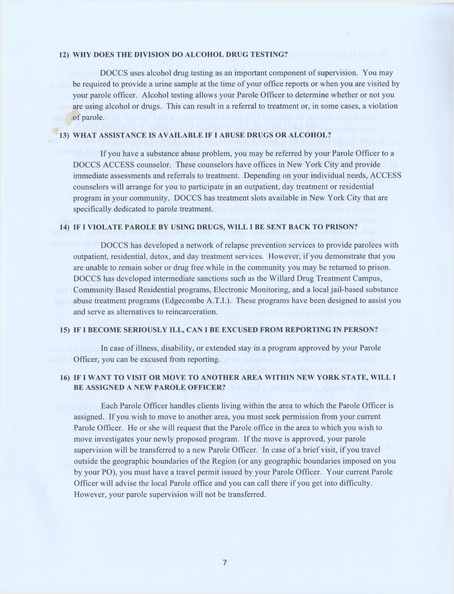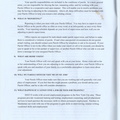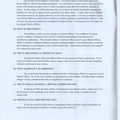
12) WHY DOES THE DIVISION DO ALCOHOL DRUG TESTING?
DOCCS uses alcohol drug testing as an important component of supervision. You may be required to provide a urine sample at the time of your office reports or when you are visited by your parole officer. Alcohol testing allows your Parole Officer to determine whether or not you are using alcohol or drugs. This can result in a referral to treatment or, in some cases, a violation of parole.
13) WHAT ASSISTANCE IS AVAILABLE IF I ABUSE DRUGS OR ALCOHOL?
If you have a substance abuse problem, you may be referred by your Parole Officer to a DOCCS ACCESS counselor. These counselors have offices in New York City and provide immediate assessments and referrals to treatment. Depending on your individual needs, ACCESS counselors will arrange for you to participate in an outpatient, day treatment or residential program in your community. DOCCS has treatment slots available in New York City that are specifically dedicated to parole treatment.
14) IF I VIOLATE PAROLE BY USING DRUGS, WILL I BE SENT BACK TO PRISON?
DOCCS has developed a network of relapse prevention services to provide parolees with outpatient, residential, detox, and day treatment services. However, if you demonstrate that you are unable to remain sober or drug free while in the community you may be returned to prison. DOCCS has developed intermediate sanctions such as the Willard Drug Treatment Campus, Community Based Residential programs, Electronic Monitoring, and a local jail-based substance abuse treatment programs (Edgecombe A.T.I.). These programs have been designed to assist you and serve as alternatives to reincarceration.
15) IF I BECOME SERIOUSLY ILL, CAN I BE EXCUSED FROM REPORTING IN PERSON?
In case of illness, disability, or extended stay in a program approved by your Parole Officer, you can be excused from reporting.
16) IF I WANT TO VISIT OR MOVE TO ANOTHER AREA WITHIN NEW YORK STATE, WILL I BE ASSIGNED A NEW PAROLE OFFICER?
Each Parole Officer handles clients living within the area to which the Parole Officer is assigned. If you wish to move to another area, you must seek permission from your current Parole Officer. He or she will request that the Parole office in the area to which you wish to move investigates your newly proposed program. If the move is approved, your parole supervision will be transferred to a new Parole Officer. In case of a brief visit, if you travel outside the geographic boundaries of the Region (or any geographic boundaries imposed on you by your PO), you must have a travel permit issued by your Parole Officer. Your current Parole Officer will advise the local Parole office and you can call there if you get into difficulty. However, your parole supervision will not be transferred.


0 comments